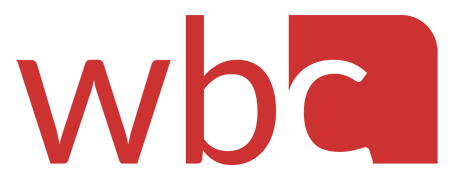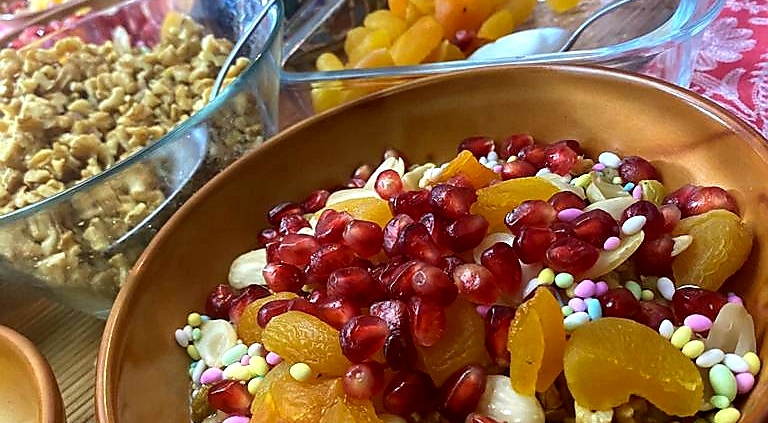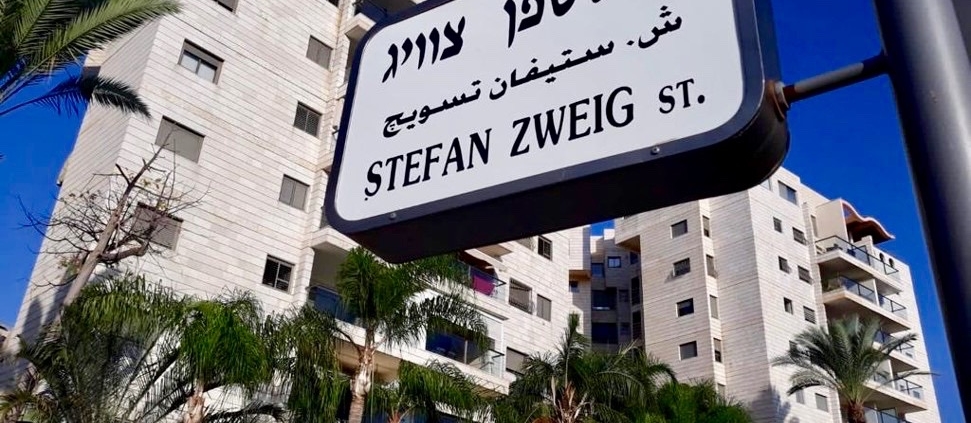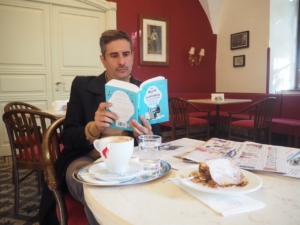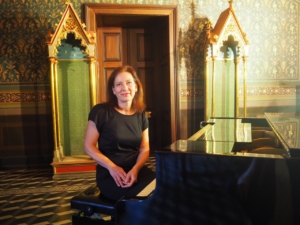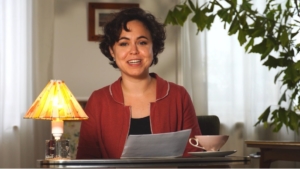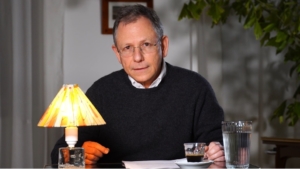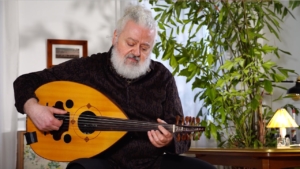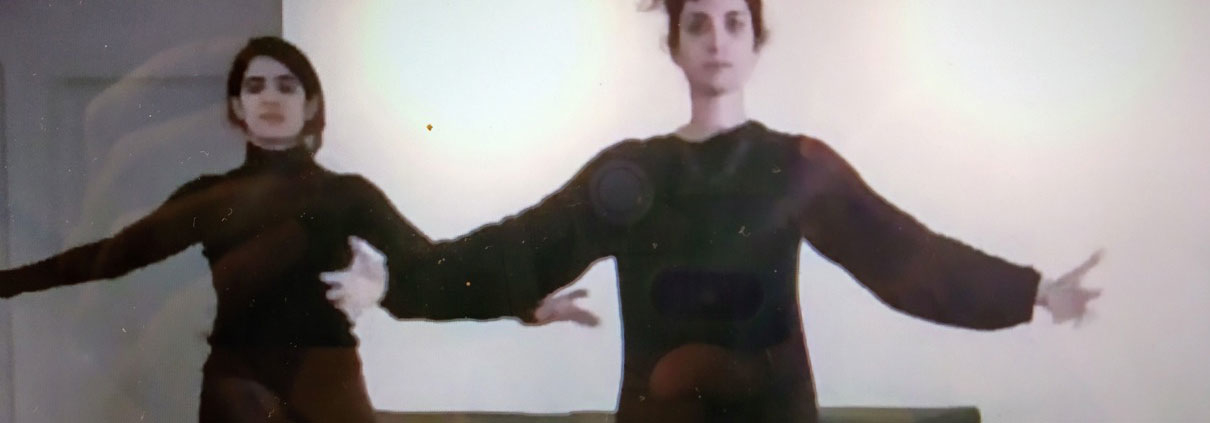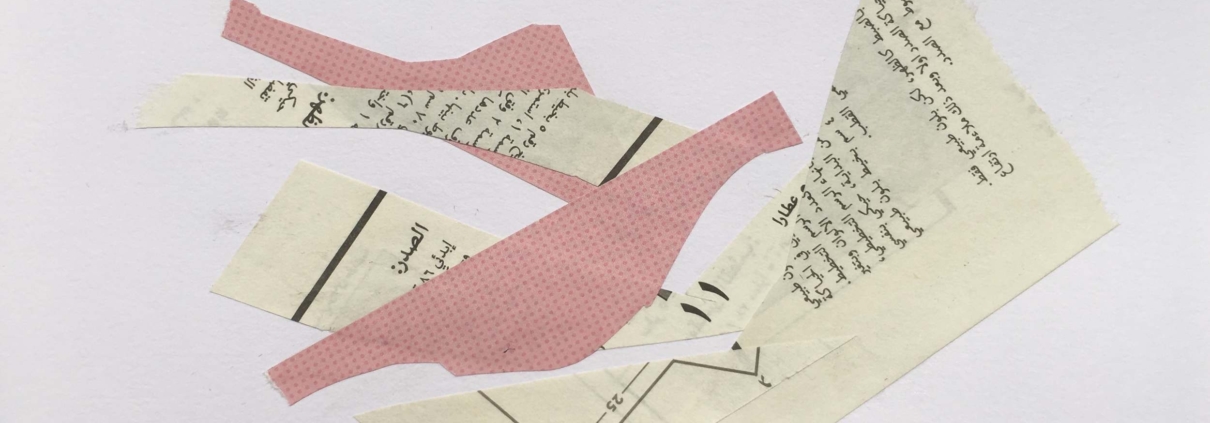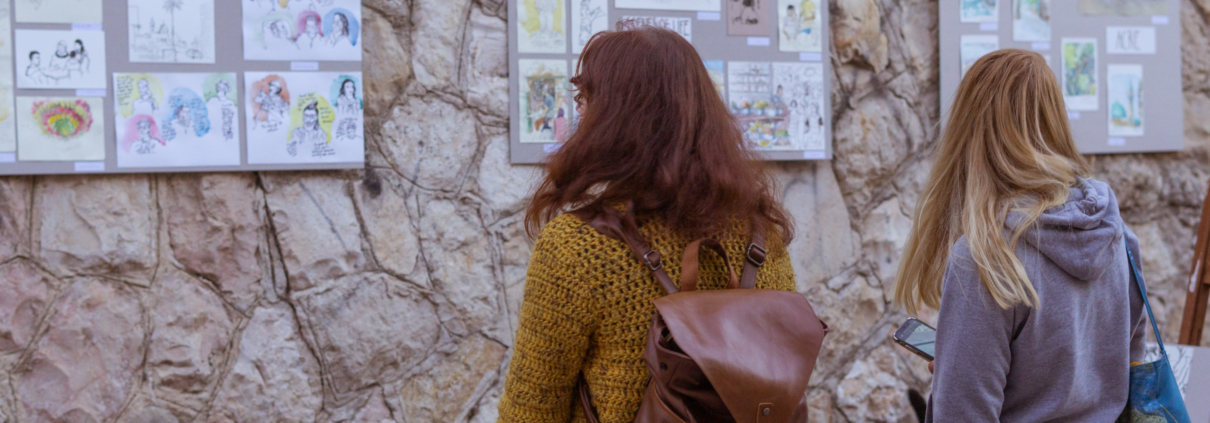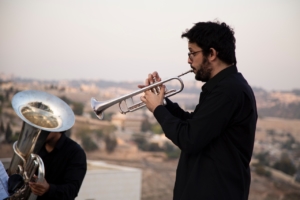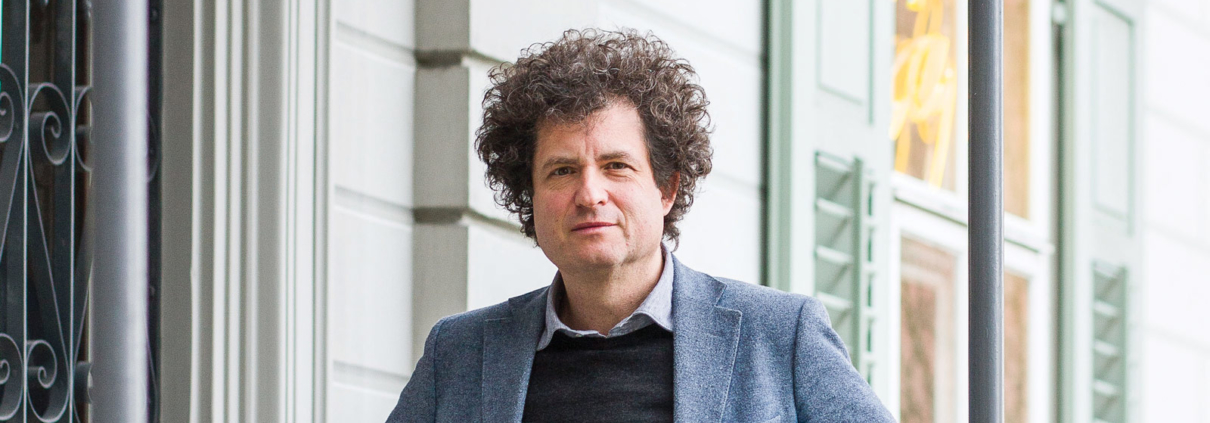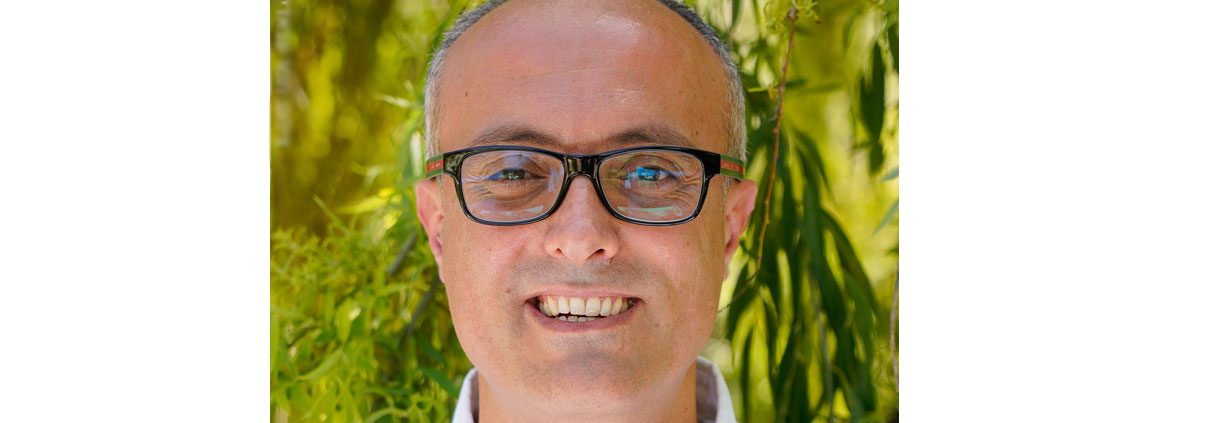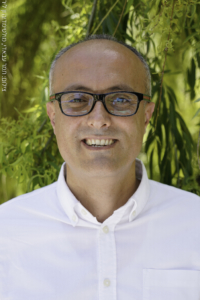Christmas Season Specials from Bethlehem and Ramallah
Facing the daily challenges of lockdowns and distancing, which forced us all to spend much more time at home than ever before, we wondered how to bring a bit of joy to our audience and to ourselves. One of the things that certainly unite us all is the curiosity to discover and enjoy new dishes. Recipes and cooking traditions are also a wonderful and most pleasant way to teach us about a region and its culture, unknown ingredients and about the people that create these dainty dishes. As we introduces this new project in the middle of the advent season, we decided to feature some local seasonal specials – and what could be a better start than to sneak into a bakery in Bethlehem in Christmas time, and to watch the making of some delicious colorful Christmas cookies.
Young Palestinian pâtissier Francis Abu Akleh was trained in Germany, Turkey, Palestine and Jordan, and opened his own baking studio in Bethlehem just recently. Despite all the obstacles of the Corona pandemic, his spectacular and tasty cake creations have already won a reputation in the region. For Saint Nicholas Day he invited the Willy Brandt Center for a sweet advent season special, and shared his recipe for savoury Christmas cookies.
Christians in the Holy Land traditionally celebrate the legend of Saint Barabara with a special dish. Muna Khleifi, a cultural manager living in Ramallah, invited us and our audience into her cozy kitchen and introduced us to the history of “Burbara”. We were also allowed to watch her produce this delicious vegan dessert.
Both cooking videos can be found on our Facebook page. Good luck and enjoy the wonderful flavours of the season!
